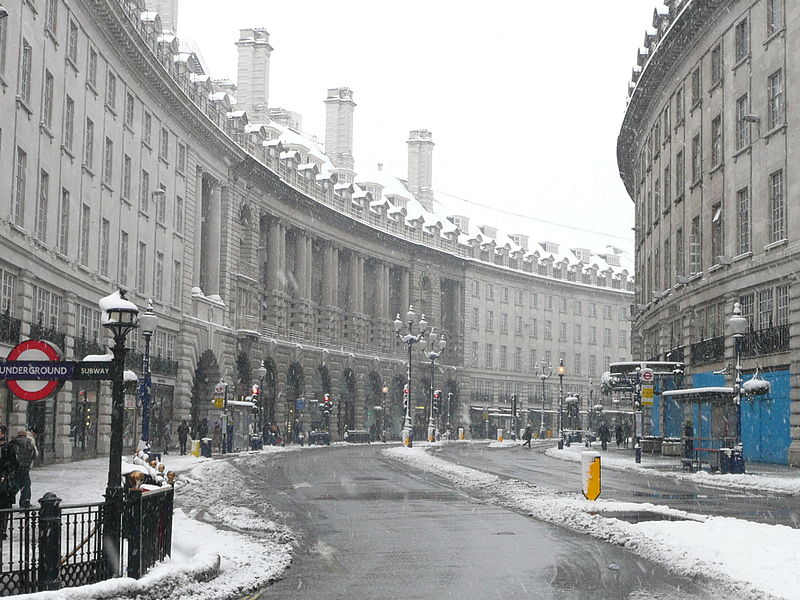
As Arctic air sweeps across the UK, temperatures plummeted to as low as -14°C (6.8°F) overnight, marking the coldest January night since 2019, according to the Met Office. Bitter conditions
and substantial snowfall prompted school closures in Scotland and northern England, with yellow warnings for ice and snow covering all four UK nations.
Forecasters anticipate Wednesday night could witness the coldest January temperature in 14 years. By the end of Friday, parts of northwest Scotland may see over 40cm of snow on high ground, maintaining wintry conditions. Snow, sleet, and rain are expected to persist in northern regions, accompanied by heavy frosts and freezing conditions, making roads and pavements treacherous.
The Met Office recorded a provisional low of -14°C in Dalwhinnie, Scottish Highlands, while forecasting the potential for temperatures in snow-covered parts of Scotland to drop to -15°C. Despite not reaching the lowest temperature overnight, forecasters suggest the possibility of it occurring in the next day or two.
The UK Health Security Agency issued an amber cold weather alert for England, warning of increased pressure on the NHS and heightened risks for the elderly. Icy winds, bringing temperatures 5-6°C below the seasonal average, have prompted the Met Office to issue three yellow weather warnings for snow and ice covering various regions.
Sub-zero temperatures are expected to persist until the weekend, resulting in widespread school closures and potential disruption across the train network. The cold spell triggered automatic £25 payments for eligible households in over 220 postcodes where temperatures are expected to remain below zero for a week.
Looking ahead, BBC Weather forecasts a milder weekend with the possibility of disruptive winds and heavy rain, raising concerns about potential flooding due to saturated ground. As of Wednesday morning, there were 20 flood warnings and 65 flood alerts in place in England. Photo by Jon Curnow from London, United Kingdom, Wikimedia commons.


































